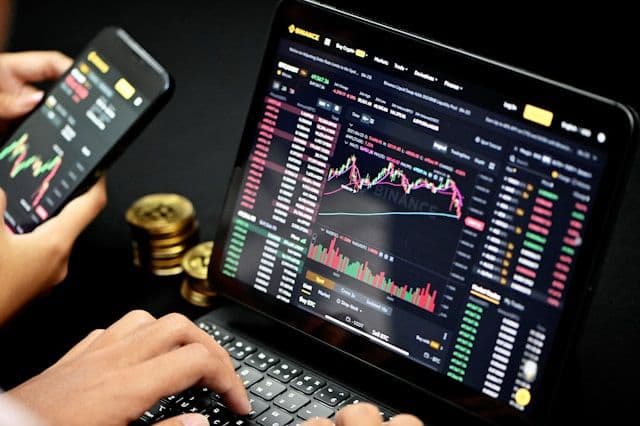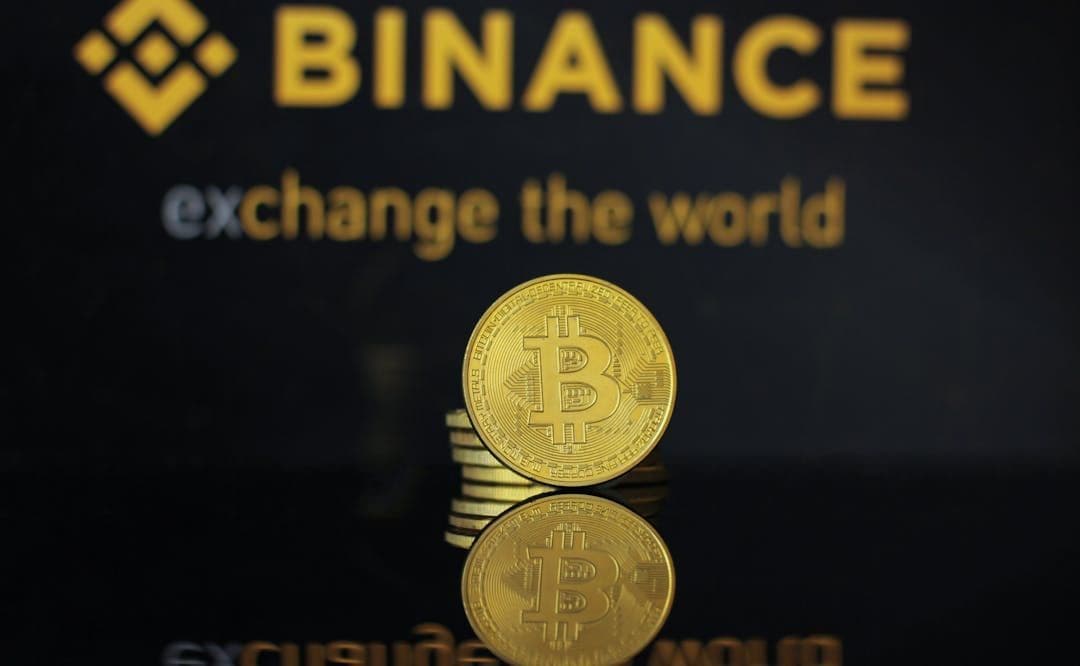About Binance
Binance is a leading global cryptocurrency exchange, established in 2017, offering a broad suite of digital asset services to users worldwide. For European users trading in euros (EUR), Binance provides access to hundreds of cryptocurrencies via spot and futures markets, direct fiat on-ramps (including SEPA transfers and card payments), and a range of financial products such as crypto lending, staking, and yield opportunities through Binance Earn.
The platform features a professional-grade trading interface, mobile apps, and advanced APIs. Binance Card, a Visa debit card, allows users to spend crypto balances in euros seamlessly wherever Visa is accepted. Additional services include an NFT marketplace, a Launchpad for participating in new token issuances, and a comprehensive educational hub (Binance Academy). In response to evolving EU regulations (such as MiCA), Binance operates local subsidiaries and has strengthened its compliance and security posture for the European market.
Despite ongoing efforts toward regulatory alignment, Binance’s multinational structure means that its primary legal entities are outside the EU, and service availability can vary by country depending on local rulings or enforcement. Users benefit from deep liquidity, low fees, and a vast selection of trading pairs, but must be prepared for possible withdrawal delays or account audits, especially as compliance checks have increased. Overall, Binance offers one of the most comprehensive crypto platforms for Europeans, but users should stay current on regulatory developments affecting their region and consider securing large holdings off-exchange.
What are alternatives for Binance
These alternatives offer varying strengths in terms of regulation, simplicity, and euro-specific services for European users looking for options outside of Binance.
👍 Pro's of using Binance
- Low trading fees: Among the lowest in the industry (from 0.1%), with extra discounts for BNB token holders.
- Extensive selection: Trade hundreds of cryptocurrencies, including many EUR trading pairs.
- High liquidity: Deep order books minimize slippage, even for large transactions.
- Multiple fiat gateways: Support for euro deposits and withdrawals via SEPA, cards, and third-party processors.
- Wide range of products: Advanced trading tools, passive earning options, Launchpad access, NFT marketplace, and a crypto debit card.
- Enhanced security: Two-factor authentication, cold storage, insurance fund (SAFU), and withdrawal whitelisting.
👎 Con's of using Binance
- Regulatory uncertainty: Ongoing scrutiny and evolving EU regulations can lead to partial restrictions or service changes without much notice.
- Account freezes/KYC: Strict KYC measures have led to some users experiencing blocked or frozen accounts during compliance reviews.
- Potential withdrawal delays: EUR withdrawal processing may be affected by third-party banking partners or regulatory reviews.
- Complex interface: The variety of features can be overwhelming for beginners.
- Non-EU legal entity: Binance’s main corporate operations sit outside EU jurisdiction, which may limit user recourse in disputes.


